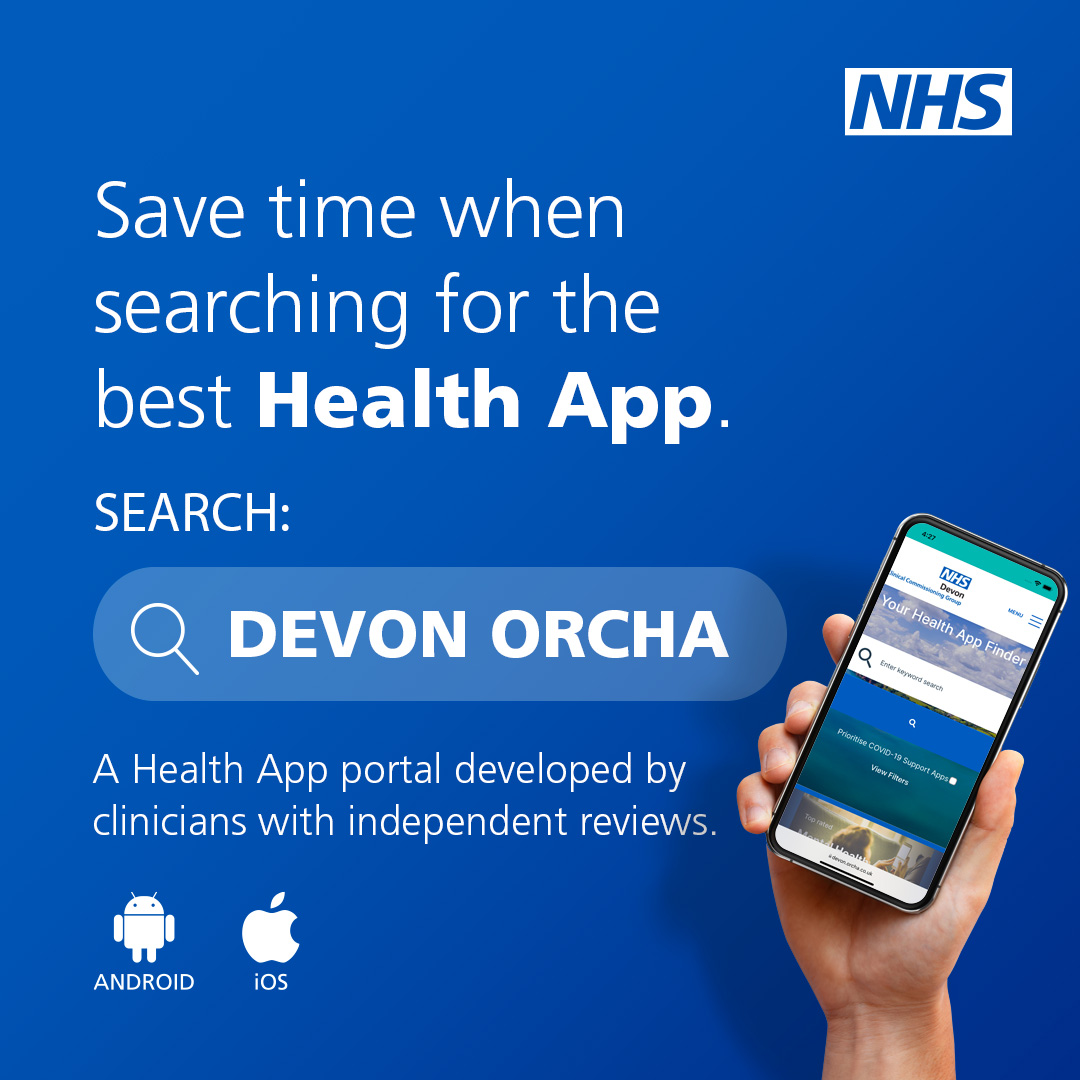Peverell Park Surgery & University Medical Centre
Peverell Park Surgery | 01752 766644 | administration.peverellpark@nhs.net
University Medical Centre | 01752 222341 | administration.umcpeverell@nhs.net
Sorry, we're currently closed. Please call NHS 111

Every Mind Matters
Feeling anxious?
Anxiety is something everyone experiences at times, and feeling anxious is a perfectly natural reaction to some situations.
But sometimes feelings of anxiety can be constant, overwhelming or out of proportion to the situation and this can affect your daily life.
The good news is there are plenty of things you can try to help cope with anxiety. There’s lots of tips and guidance on this page you can build into your daily routine, as well as our anxiety-easing email programme for practical advice straight to your inbox.
What is anxiety?
Anxiety is a feeling of unease, like a worry or fear, that can be mild or severe. Everyone feels anxious from time to time and it usually passes once the situation is over.
It can make our heart race, we might feel sweaty, shaky or short of breath. Anxiety can also cause changes in our behaviour, such as becoming overly careful or avoiding things that trigger anxiety.
When anxiety becomes a problem, our worries can be out of proportion with relatively harmless situations. It can feel more intense or overwhelming, and interfere with our everyday lives and relationships.
The tips on this page, when practised regularly as part of your routine, should help you manage feelings of anxiety. But if your anxiety is affecting your daily life or causing you distress, you could consider seeking further support.
For more information visit https://www.nhs.uk/every-mind-matters
Peverell Park Surgery
- Monday
08:00am to 06:00pm
Phones open at 08:00 / Doors open at 08:30 - Tuesday
08:00am to 06:00pm
Phones open at 08:00 / Doors open at 08:30 - Wednesday
08:00am to 06:00pm
Phones open at 08:00 / Doors open at 08:30 - Thursday
08:00am to 06:00pm
Phones open at 08:00 / Doors open at 08:30 - Friday
08:00am to 06:00pm
Phones open at 08:00 / Doors open at 08:30 - Saturday
CLOSED - Sunday
CLOSED










